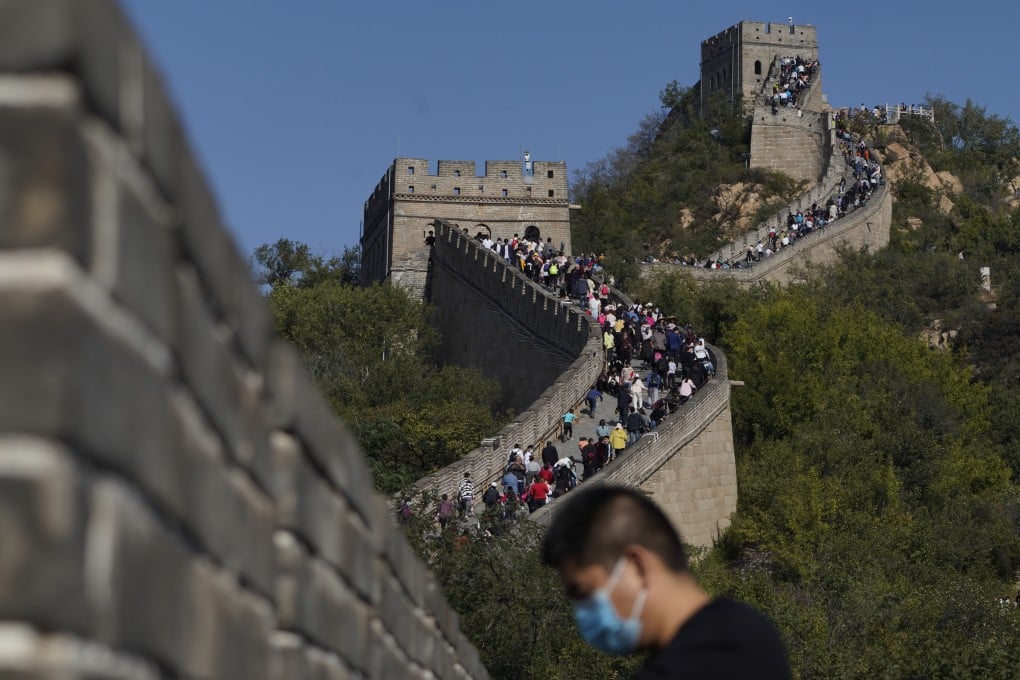Academics and students in the West consider future China studies without access to China
- China’s Covid-19 travel rules and its strained ties with the US and allies are obstacles for foreigners seeking mainland fieldwork
- Scholars say those difficulties add to what was an increasingly restrictive research environment in the country

On a November afternoon, some 750 people logged into a webinar by the Fairbank Centre for Chinese Studies at Harvard University, eager for answers to a perplexing question: how to study China when border controls prevent researchers from entering the country?
“We find ourselves in a challenging moment for China studies. Our colleagues who study other parts of the world are thinking about a post-Covid return to some kind of new normalcy, but we see no indication of a resumption of opportunities to travel to the region that we study,” said Michael Szonyi, director of the Fairbank Centre for Chinese Studies.
“This will impact our understanding of China at a time when it’s really needed because of the political climate and polarisation in the discussion,” said Ingrid d’Hooghe, a China strategy adviser and senior research associate at Clingendael Netherlands Institute of International Relations. “At this time more than ever, we need good knowledge about China and people who can put developments into perspective.”
Instead, studying China has become a difficult proposition for up-and-coming academics who might in the future teach, advise governments or join think tanks.
Changing tack
Some, like University of Michigan PhD candidate Ruby MacDougall, have shifted their research focus because of travel curbs.
